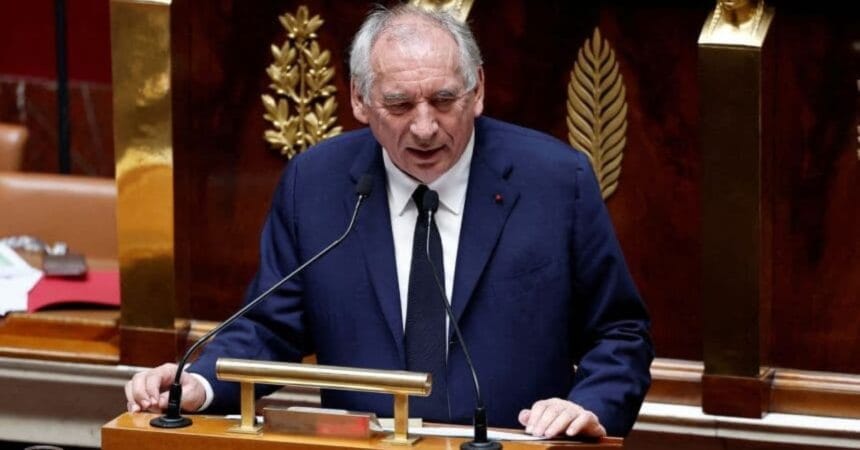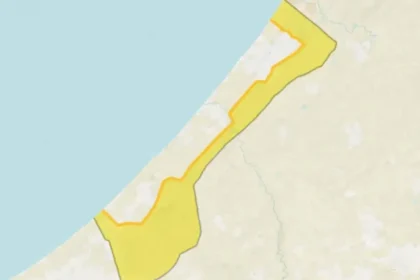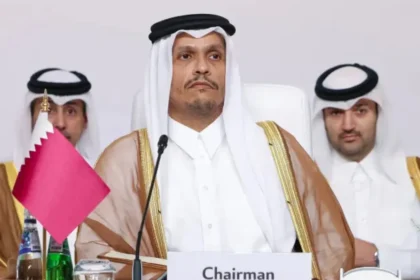France has plunged into political chaos after lawmakers voted against Prime Minister François Bayrou’s $52 billion budget plan, toppling his nine-month-old government. The crisis leaves President Emmanuel Macron under pressure to appoint a new leader quickly while facing mounting public anger, investor concerns, and warnings of a potential credit rating downgrade.
Bayrou Government Falls After No-Confidence Vote
Prime Minister François Bayrou’s government collapsed on Monday after a decisive no-confidence motion in Parliament. Lawmakers voted 364–194 against his austerity-driven budget, ending his short tenure and triggering France’s second leadership collapse in less than a year.
Bayrou had hoped to rally lawmakers behind his fiscal reforms, which included deep spending cuts and tax restructuring. Instead, the motion backfired, accelerating a leadership crisis that has thrown France’s political future into doubt.
Macron Struggles to Find Replacement
The vote marks another setback for President Emmanuel Macron, who already saw former Prime Minister Michel Barnier forced out last December. With Parliament split between far-left and far-right parties, Macron faces shrinking options to form a stable government.
Political analysts warn the deadlock could paralyze policymaking. “France risks prolonged instability unless a broad coalition is formed,” one Paris-based analyst noted, adding that Macron’s centrist strategy has repeatedly failed to secure long-term support.
Options on the Table: Coalition or Elections
Macron must now decide whether to appoint a prime minister capable of bridging divisions or risk calling early elections. While some Socialists and Greens suggest a coalition government, opposition leaders have vowed to block further austerity measures.
Calling elections, however, poses another threat: it could hand more power to Marine Le Pen’s far-right National Rally, which continues to gain ground among disaffected voters. This leaves Macron facing a delicate balancing act as he navigates one of the toughest moments of his presidency.
Economic Consequences of Political Deadlock
The political turmoil has already rattled financial markets. French bond yields rose sharply as investors priced in the risks of instability. Economists warn that if France’s credit rating is downgraded, borrowing costs could climb further, worsening the country’s mounting deficit.
“The timing is disastrous,” said one EU economic adviser. “France urgently needs reforms to restore fiscal discipline, but political paralysis will make progress nearly impossible.”
Public Anger Fuels Nationwide Protests
Meanwhile, public discontent is rising. Trade unions have announced nationwide demonstrations against austerity, accusing Macron’s government of ignoring the struggles of ordinary citizens. Inflation, stagnant wages, and high living costs have fueled widespread frustration.
Opposition leaders are also pushing for fresh elections, insisting that only a new mandate can restore democratic legitimacy. But analysts caution that another election could deepen divisions, particularly if populist parties gain further momentum.
What Comes Next for France?
Bayrou is expected to formally submit his resignation on Tuesday, according to the Élysée Palace. Macron is reportedly considering Defense Minister Sébastien Lecornu and Interior Minister Gérald Darmanin as potential successors.
Yet whoever takes the job will face a daunting political landscape: passing an unpopular budget, calming restless protesters, and restoring investor confidence in Europe’s second-largest economy.
With the next general elections scheduled for 2027, France’s political crisis has only just begun.














